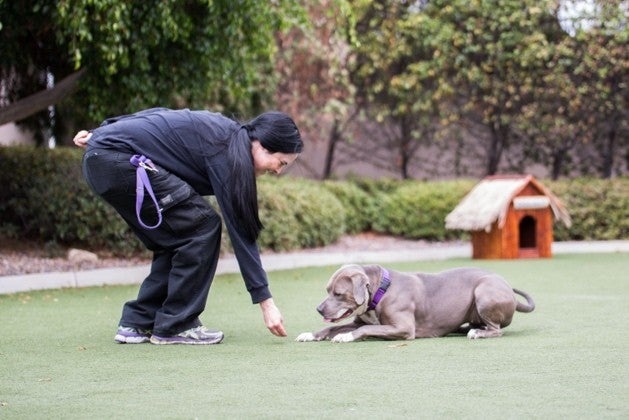City of San Diego Outlines Permitting Process for Fitness Classes and Other Commercial Activity
Guidelines come ahead of the busy summer season and in an effort to ensure public spaces are open to everyone.

Ahead of the busy summer season and in an effort to ensure public spaces are open to everyone, the City of San Diego recently updated permitting rules and guidelines for commercial activity at City parks, beaches and Mission Bay. The Parks and Recreation Department has made this information easier to find by adding a “Fitness Permitting” section to the City of San Diego Parks and Recreation Park Use Permits webpage.
Like most coastal cities, San Diego’s Municipal Code (SDMC) regulates commercial activities in City-owned areas to ensure parks, beaches and public spaces remain safe and accessible to all people at all times. In February 2024, the City Council amended the Sidewalk Vending Ordinance to clarify which activities require a permit. Enforcement of the reformed language began on March 29.
In the SDMC, services are defined as “activities involving the performance of work for others…or the provision of intangible items to a group of four persons or more at the same time that cannot be returned once they are provided.” In a City-owned area, a permit must be obtained before engaging in a commercial service, including fitness classes, dog training and other activities. Groups of fewer than 50 people who are not engaged in a commercial activity or service do not require a permit.
In the years following the outbreak of the COVID-19 pandemic, the City saw a proliferation of businesses operating illegally in public spaces, attracting crowds of people and vehicles to areas that were not equipped to accommodate the influx. The situation also impeded access to beach and park areas for residents and visitors.
“Unregulated commercial activity on the sand takes up public space, negatively affects the beach, and creates a distraction for lifeguards,” said Lifeguard Chief James Gartland.
The new permitting process for these commercial activities helps the City become aware and prepare for upcoming activities so it can provide appropriate resources to ensure access and public safety. Depending on the event or activity, that may include increasing staff levels, redirecting traffic or having restrooms and other facilities on site. According to San Diego’s Lifeguard Services Division, City beaches receive an average of over 20 million yearly visitors and lifeguards may perform anywhere from 5,000-10,000 rescues in that time.
“It's vitally important to prevent any delays to a lifeguard’s emergency response time regarding beach and water rescues,” said Chief Park Ranger Michael Ruiz. “These regulations are in place to mitigate that risk when action is necessary. It’s our responsibility to balance equitable access while maintaining safe beaches and parks.”
The Parks and Recreation Department offers numerous locations that can serve as ideal venues for services like fitness and yoga classes throughout the Parks system. Locations are selected based on parking capacity and other factors and include desirable spots in Balboa Park and waterfront areas of Mission Bay Park.
Questions can be answered by visiting the new Fitness Permitting section on the Parks and Recreation website. Business operators are encouraged to also contact the Permit Center at PRPermitCenter@sandiego.gov or 619-235-1169.
Expressive Activities
Free speech and freedom of expression are imperative to our city’s identity and vibrant culture. The SDMC defines expressive activities as “all forms of speech and expressive conduct.” There are 11 Expressive Activity Zones available along the shoreline and in Balboa Park on a first-come, first-serve basis. These areas are either 48 square feet or 64 square feet as indicated by blue brackets painted on the ground. This information and more can be found at the Expressive Activity in Parks webpage.
